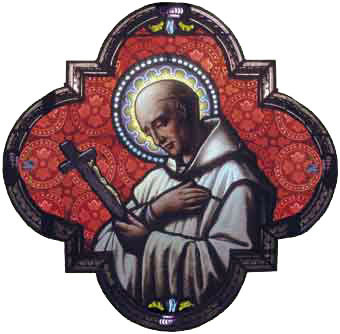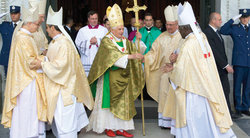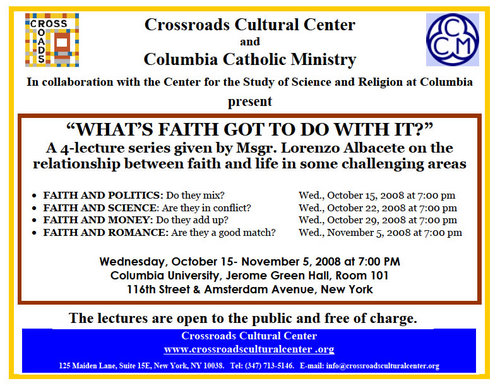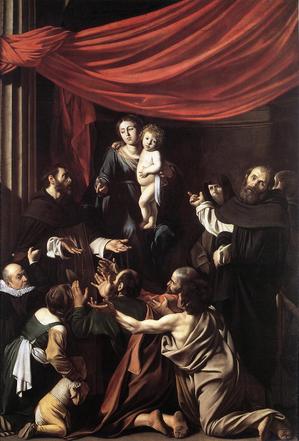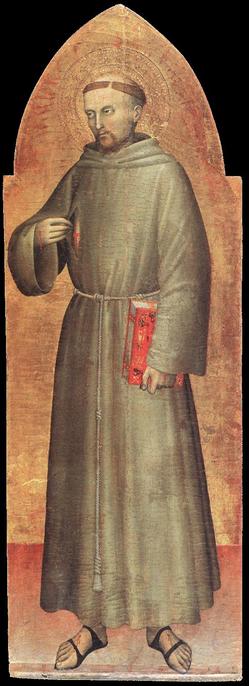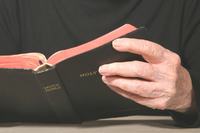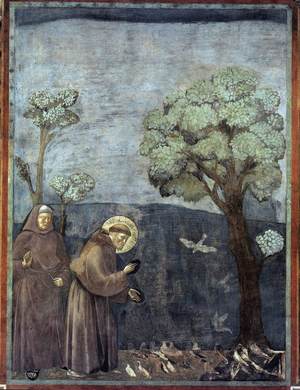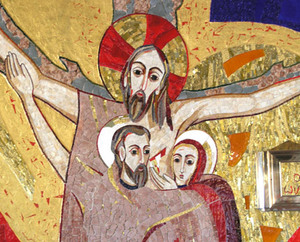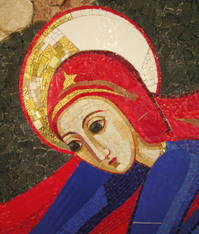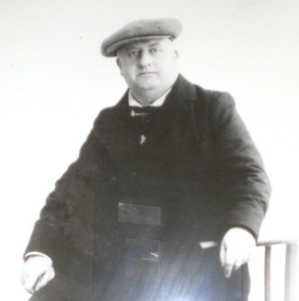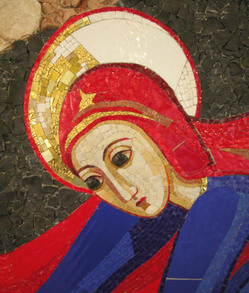 The feast of Our Lady of the Rosary has been observed by the universal Church since 1716 when Pope Clement XI extended its observance, but the feast was in many respects a local feast since 1213 by some accounts. Regardless, we should take care to pray this feast because of the theology and beauty of Christ and the great Mother of God.
The feast of Our Lady of the Rosary has been observed by the universal Church since 1716 when Pope Clement XI extended its observance, but the feast was in many respects a local feast since 1213 by some accounts. Regardless, we should take care to pray this feast because of the theology and beauty of Christ and the great Mother of God.
The Directory on Popular Piety and the Liturgy says of the rosary: “Given the close relationship between Christ and Our Lady, the rosary can always be of assistance in giving prayer a Christological orientation, since it contains meditation of the Incarnation and the Redemption.” In another place it says: “The Rosary, or Psalter of the Blessed Virgin Mary, is one of the most excellent prayers to the Mother of God. Thus, ‘the Roman Pontiffs have repeatedly exhorted the faithful to the frequent recitation of this biblically inspired prayer which is centered on contemplation of the salvific events of Christ’s life, and their close association with the his Virgin Mother. The value and efficacy of this prayer have often been attested by saintly Bishops and those advanced in holiness of life.'”
And so we pray the Litany of Loreto and the Rosary today for the intentions of the New Evangelization and a greater awareness of our Christ’s work of salvation.
Litany of Loreto
V. Lord, have mercy.
R. Christ have mercy.
V. Lord have mercy. Christ hear us.
R. Christ graciously hear us.
God the Father of heaven, have mercy on us.
God the Son, Redeemer of the world, have mercy on us.
God the Holy Spirit, have mercy on us.
Holy Trinity, one God, have mercy on us.
Holy Mary, pray for us.
Holy Mother of God, pray for us.
Holy Virgin of Virgins, [etc.]
Mother of Christ,
Mother of divine grace,
Mother most pure,
Mother most chaste,
Mother inviolate,
Mother undefiled,
Mother most amiable,
Mother most admirable,
Mother of good Counsel,
Mother of our Creator,
Mother of our Savior,
Virgin most prudent,
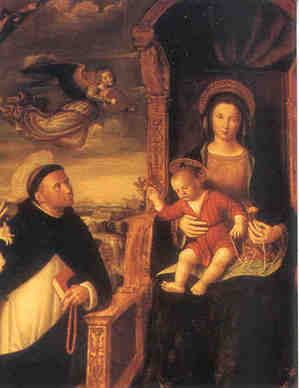 Virgin most venerable,
Virgin most venerable,
Virgin most renowned,
Virgin most powerful,
Virgin most merciful,
Virgin most faithful,
Mirror of justice,
Seat of wisdom,
Cause of our joy,
Spiritual vessel,
Vessel of honor,
Singular vessel of devotion,
Mystical rose,
Tower of David,
Tower of ivory,
House of gold,
Ark of the covenant,
Gate of heaven,
Morning star,
Health of the sick,
Refuge of sinners,
Comforter of the afflicted,
Help of Christians,
Queen of Angels,
Queen of Patriarchs,
Queen of Prophets,
Queen of Apostles,
Queen of Martyrs,
Queen of Confessors,
Queen of Virgins,
Queen of all Saints,
Queen conceived without original sin,
Queen assumed into heaven,
Queen of the most holy Rosary,
Queen of peace,
V. Lamb of God, Who takest away the sins of the world,
R. Spare us, O Lord.
V. Lamb of God, Who takest away the sins of the world,
R. Graciously hear us, O Lord.
V. Lamb of God, Who takest away the sins of the world,
Have mercy on us.
V. Pray for us, O holy Mother of God.
R. That we may be made worthy of the promises of Christ.
Let us pray. Grant, we beseech Thee, O Lord God, that we thy servants may enjoy perpetual health of mind and body, and by the glorious intercession of blessed Mary, ever Virgin, may we be freed from present sorrow, and rejoice in eternal happiness. Through Christ our Lord. R. Amen.
